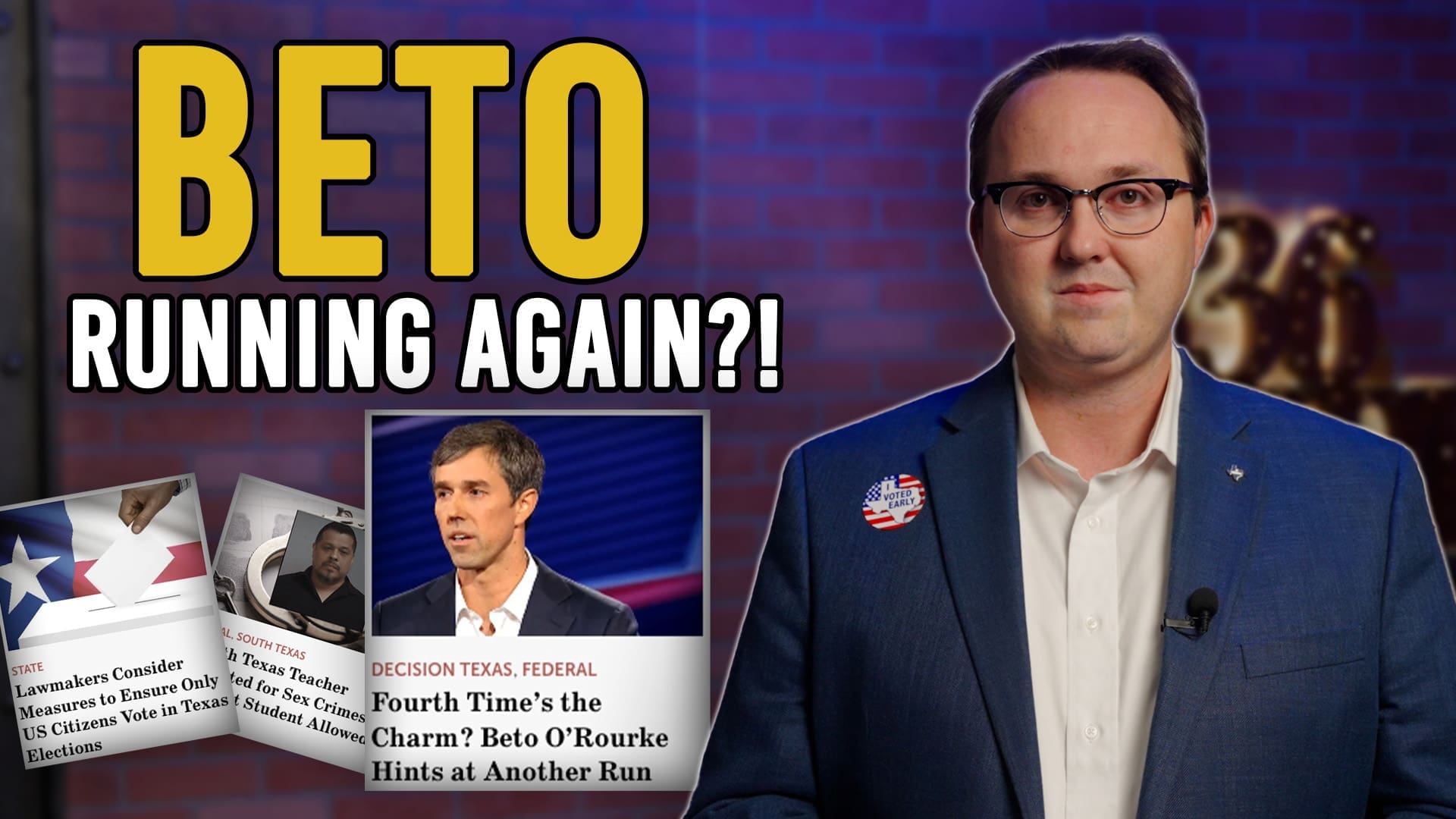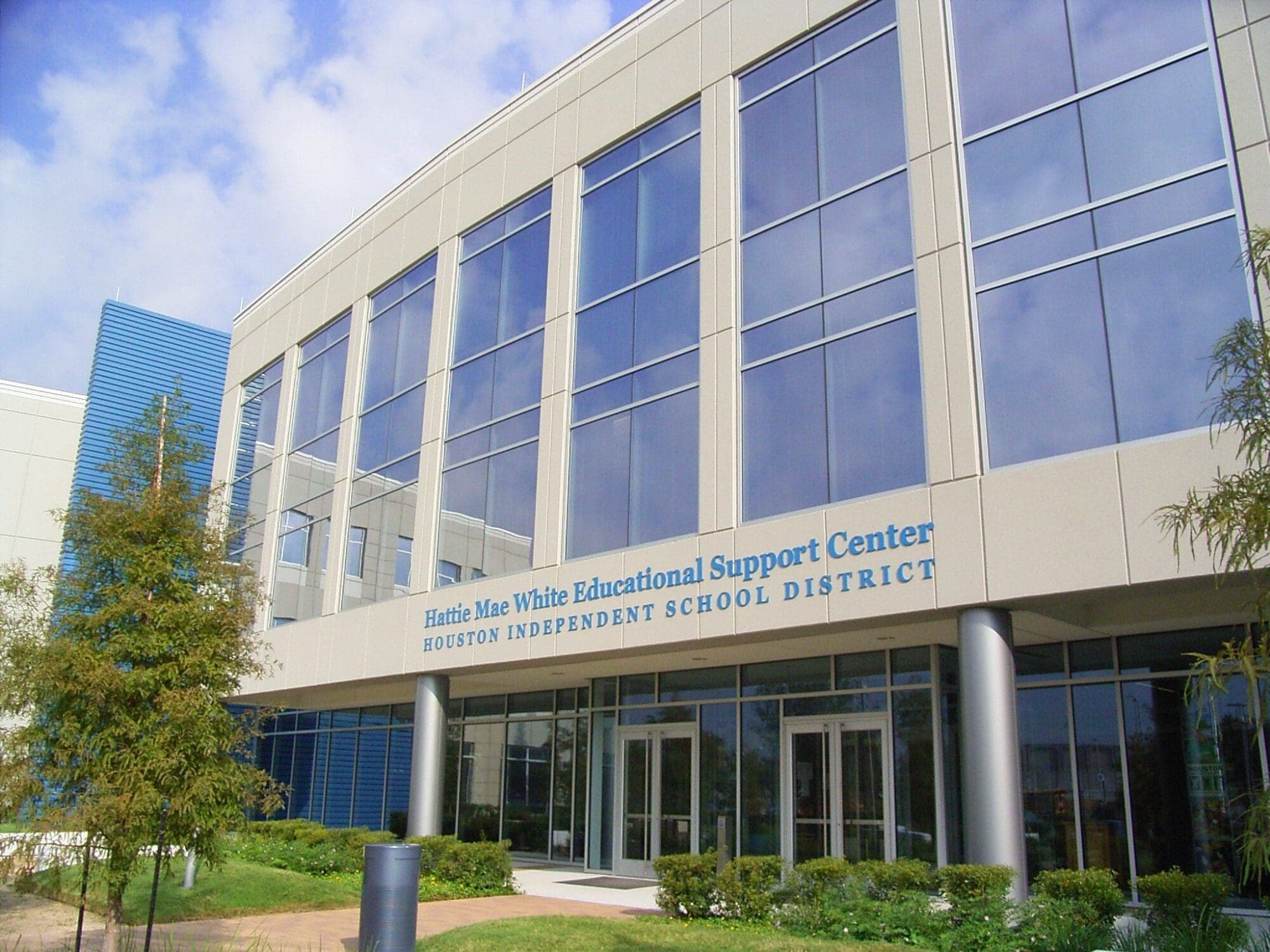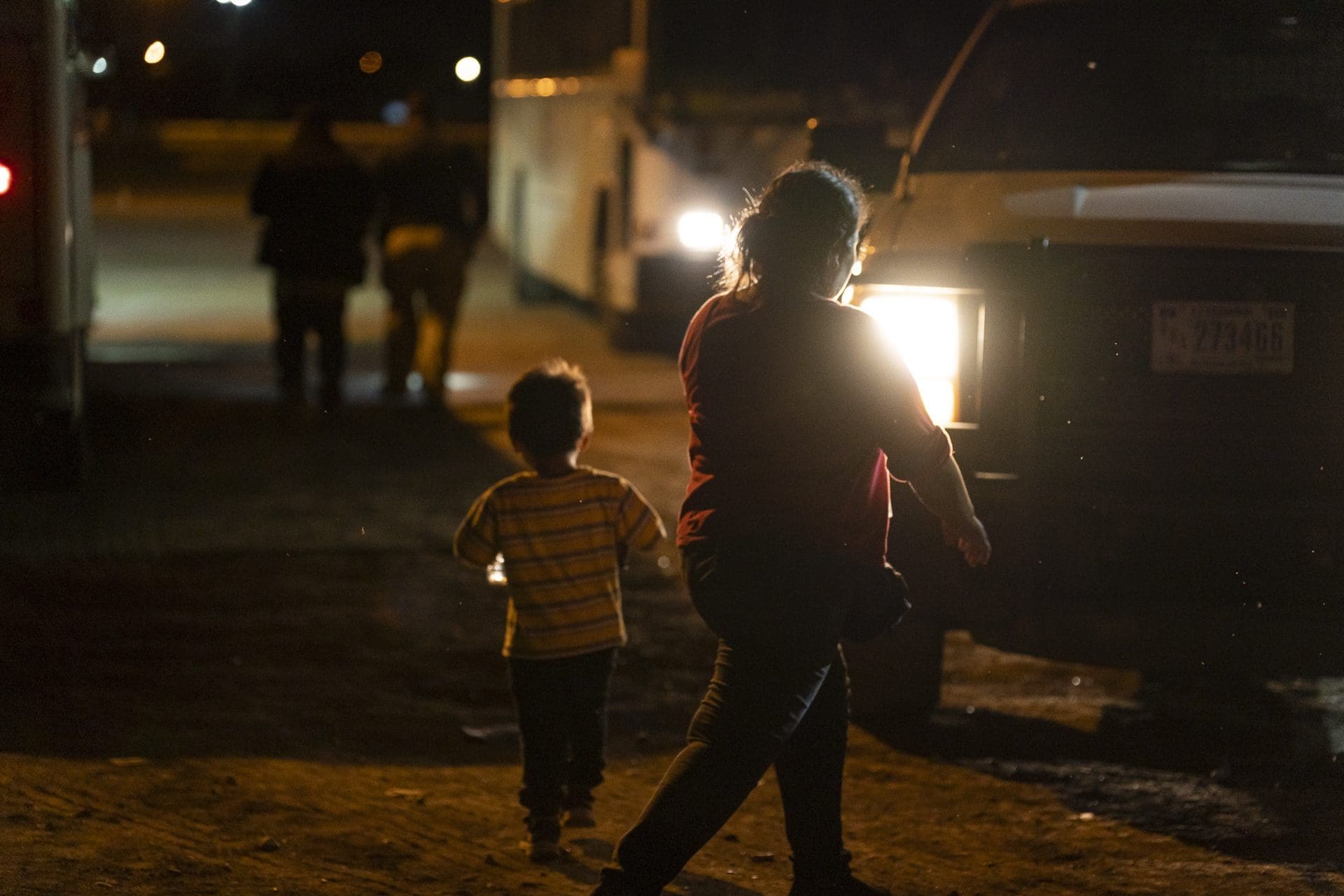AUSTIN — Violent crime is spreading on the streets. Families are being taxed out of their homes. Iconic small businesses are closing. Homeless camps and filth are permeating the city. Is the unfolding disaster finally prompting city officials to stop what they’re doing to Texas’ capital city?
Last week, Mayor Steve Adler said what he and the all-Democrat Austin City Council have done as their local homeless plan “isn’t working.”
“Going back to where we were we know doesn’t work – and what we’re doing now we also know doesn’t work,” he said in an interview.
But, let’s back up for a moment. Several different storylines lead to the crisis Austinites are facing.
First, the suffocating taxes.
Since 2008, the city council has raised the median homeowner’s yearly city tax bill by well over 100 percent. With a recent monstrous voter-approved tax increase, the council will now be taking roughly $1,000 more from citizens annually.
United Way released a report in 2019 saying a shocking 42 percent of area families are struggling to make ends meet, a number that has surely risen since then, due to the local governments in the area taking more cash from citizens.
The taxes have also forced numerous iconic small businesses to raise prices, close, or flee the city, and the council’s recent shutdown orders over the past few months have nearly killed off most of Austin’s culture-defining live music venues.
Second, the homelessness disaster.
In 2019, the council passed an ordinance allowing homeless individuals to camp in nearly every public space throughout the city (except for city hall, notably).
The council’s action sparked a wildfire of public backlash and led to a swarm of new tent cities, a drastic increase in the city’s homeless population, a more dangerous public environment, and a crowd of law enforcement, elected officials, and more than 124,000 citizens calling for the council to reverse their decision.
Homicides increased by 64 percent year over year in 2020 (along with double-digit spikes in other forms of violent crime). And on top of that, the city council cut the local police budget by one-third.
Last week, a citizen activist group called Save Austin Now submitted a petition to city hall with more than 24,000 signatures demanding the camping issue be put to a public vote in May. Pending city hall verification, the issue should be on the ballot in a few months.
“If Austin doesn’t reinstate the ban on homeless camping, the state will do it for them,” tweeted Gov. Greg Abbott last week. “Contrary to what Austin leaders think, no one has a right to urinate & defecate wherever they want. Homelessness promoted by Austin has also endangered public safety.”
This brings us to Austin’s present situation.
Mayor Adler admitted the existing plan for the camping issue “isn’t working,” but sadly, with citizens still languishing under unbearable taxes, he doesn’t seem to acknowledge that he and the council helped steer the city to this disastrous point.
“Affordability is a huge issue. The more expensive it becomes to live in the city, the more people we’re going to see that fall into homelessness,” said Adler last week in an interview. “There are a lot of things we need to be doing to address affordability. You either make housing cost less or you help people have more to spend.”
This is a curious statement, given that the mayor has voted repeatedly to take truckloads of cash from citizens and raise prices around the city.
What will be enough for the mayor and city council to stop harming citizens and start helping them?
James Quintero of the Texas Public Policy Foundation says city officials such as Austin’s don’t have to continue taking the destructive actions but can instead take responsible and positive steps such as zero-based budgeting, third-party auditing for efficiency, not going into massive debt, and letting citizens keep more of their own hard-earned money.
“The old tax-and-spend practices of the past won’t work in today’s troubled times – nor can the public afford them,” Quintero said back in April 2020. “The good news is that with the correct view of government and the right policies in place, city councils can help spur economic recovery and renewal … but it’s going to take some sobering up.”
Citizens are encouraged to contact the mayor and city council members.





